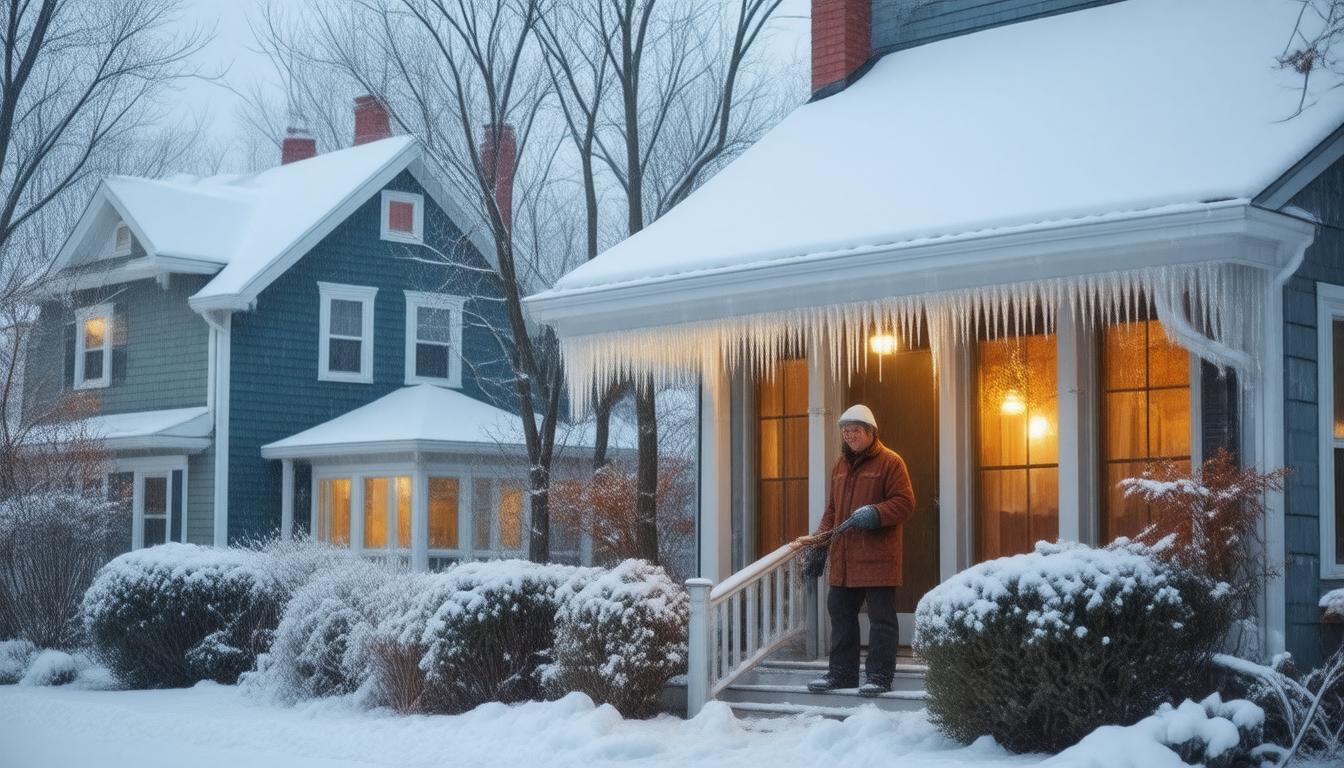

Housing Market Concerns: A Complex Issue in the Upcoming Election
As the election approaches, the state of the housing market has emerged as a significant concern for many Americans. However, the impact of this issue on voting patterns may not be as straightforward as some might expect. While housing affordability is undoubtedly a pressing matter, particularly for renters, it may not be the deciding factor for most voters come election day.
One of the key reasons for this is the dominance of homeowners among likely voters. Homeowners, who make up the largest share of the electorate, are generally less concerned about housing affordability. This is largely due to the continued appreciation of their home equity, which has led to significant wealth gains. In contrast, renters, who are more acutely affected by high housing costs, are less likely to vote, potentially diluting the impact of housing affordability as an election issue.
The Swing State Perspective
In swing states, where election outcomes can be particularly tight, the housing market presents an interesting dynamic. Residents in these crucial battlegrounds have seen housing costs soar in recent years. However, many voters in these states are surprisingly less likely to be worried about housing affordability. This contradiction highlights the complex nature of how housing issues intersect with voter priorities.
The timing of potential policy changes could also play a role in shaping voter perceptions. For instance, a potential interest rate cut in September could improve housing affordability and shift voter sentiment, potentially benefiting the incumbent president. However, this is a double-edged sword, as many voters may also blame the current administration for the high housing costs and mortgage rates that have persisted throughout its term.
The Broader Economic Context
It’s important to note that housing affordability is just one piece of a larger economic puzzle that voters are considering. Inflation, for example, remains a significant concern for many Americans and may overshadow housing-specific issues in some voters’ minds. The growing wealth gap between homeowners and renters, which has reached historic highs, is another critical factor that reflects broader economic inequalities.
Addressing these complex housing market challenges will require multifaceted solutions. Increasing the housing supply is crucial to mitigating the growing wealth gap between homeowners and renters. The federal government can play a significant role by encouraging local zoning changes, improving access to financing, and providing targeted support for renters and first-generation homebuyers. However, whether these issues will sway the election remains to be seen, as voters weigh housing concerns against a host of other pressing national issues.







